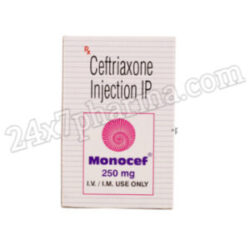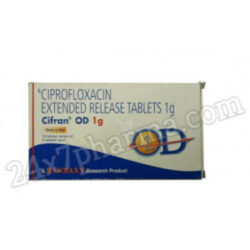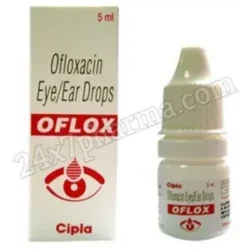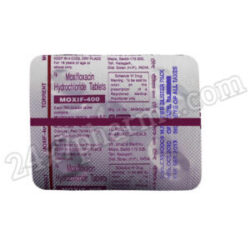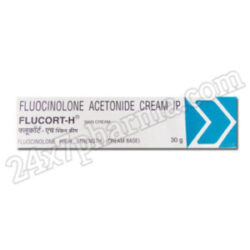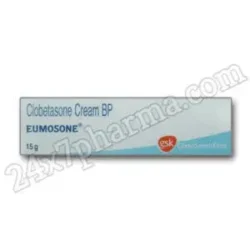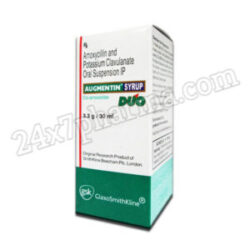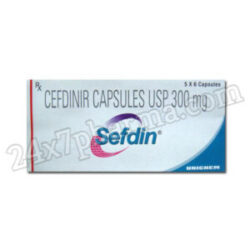Infection
Showing 1–16 of 87 resultsSorted by latest
Linospan 600 mg Tablet 10s
Original price was: $21.$17Current price is: $17.Cifran OD 1gm Tablet 25s
Original price was: $26.$22Current price is: $22.Cynomycin 50mg Capsule 12’s
Original price was: $26.$22Current price is: $22.OFLOX Eye/Ear (5Drops) 5ml
Original price was: $7.$6Current price is: $6.Moxif 400mg Tablet 15’s
Original price was: $24.$20Current price is: $20.Cynomycin 100 mg Capsule 4’S
Original price was: $16.$14Current price is: $14.Sefdin 300mg Capsule 10’s
Original price was: $26.$23Current price is: $23.Cetil 250mg Tablet 10’s
Original price was: $24.$20Current price is: $20.Mikacin 500mg Injection 2ml
Original price was: $7.$6Current price is: $6.ABOUT INFECTION
Infection takes place when germs or pathogens enter your body and multiply leading to different types of illness. There are 4 (Four) different types of pathogens – viruses, bacteria, fungi, and parasites that vary in several ways including shape, size, function, and how they react to an individual’s body. These microorganisms can multiply and spread rapidly through various ways such as transfer of body fluids, skin contact, intake of contaminated food or water, inhaling airborne particles or droplets, or touching an object that the person carrying pathogens has also used.
DIFFERENT TYPES OF INFECTION
VIRAL INFECTION
A virus is a part of a cell made of proteins and a viral infection takes place due to infection with a virus. A virus comes in different shapes that attach themselves to the cells of the host further releasing their genetic material that replicates the virus and multiplies itself. In some cases, the virus might stay inactive and the individual thinks that he has fully recovered but it can further reactivate itself and the person might fall sick again. So, it is important for the virus to completely get out of the body as it cannot withstand for a longer duration once outside the body. A virus can infect different parts of your body and different types of viral infections include:
- Common cold happens due to rhinovirus, coronavirus, and adenovirus.
- Encephalitis or meningitis occurs due to enteroviruses and the herpes simplex virus.
- Skin infections resulting from HPV and HSV.
- Gastroenteritis caused by norovirus.
Other viral infections include HIV, polio, Dengue fever, influenza, hepatitis C, and others. Anti-viral medications are still not very common and doctors prescribe you antibiotics to relieve the symptoms caused due to viral infection but they are the best medication for viral infection.
BACTERIAL INFECTION
Bacteria are single-celled microorganisms that can take 3 (Three) shapes – spherical, rod-shaped, and spiral. Since they are self-sustaining, they can live for days and weeks in, on, and around the human body. A few bacteria can cause severe illness including cholera, dysentery, bubonic plague, typhoid, and tuberculosis. Some of the bacterial infections are:
- Bacterial meningitis
- Gastritis
- Skin infections
- Urinary tract infections (UTIs)
- Upper respiratory tract infection
- Pneumonia
- Eye infections
- Food poisoning
Antibiotics are the best medication used for the treatment of bacterial infections which can be taken orally. The most common antibiotics include penicillin, tetracycline, sulfa, and ciprofloxacin.
FUNGAL INFECTIONS
A fungus is a single or multi-cellular organism that lives in and on the human body unless you have a weakened immune system. The shape of the fungus is mostly long and cylindrical, with small filaments branching from the main body. Someone who is on antibiotics for a longer period might develop a fungal infection as the bacteria is killed by the antibiotics that usually control the fungus. Normally, the fungal infection appears on the upper layer but in some cases, it might spread to the deeper layers as well. A few examples of fungal infections include valley fever, ringworm, eye infections, athlete’s foot, and others. Your doctor will prescribe you the best cream for fungal infection depending on the type and will be available over the counters of any pharmacy.
PARASITIC INFECTION
Most of the parasites causing infection are single-celled organisms known as protozoa. They enter your body through water, moisture, ears, and eyes, or you swallow them. Some of the protozoan infections include yeast infections, giardiasis, malaria, and others. On the other hand, a few other forms of parasites include hookworms, tapeworms, roundworms, ticks, fleas, flatworms, and lice. Individuals with weakened infections might develop severe infections that can spread across other body parts. A few protozoan infections can also affect the intestines or can lead to other skin diseases.
Top Selling Products of Infections
- MOX 250mg Dry Syrup
- Milflox Eye (2Drops) 5ml
- Cefadur DT 250mg Tablet
- Ciplox 500mg Tablet
- Cefoprox – 200mg Tablets
- Cetil 250mg Tablet
- OFLOX Eye/Ear (5Drops) 5ml
- Eumosone Cream 15gm
- Cipmox 250mg Capsule
- Cynomycin 50mg Capsule
FAQs
For how long does an infection last?
It depends on the type of infection and how much has it affected your body. Your doctor will prescribe you the best medicine for infection differing from person to person.



